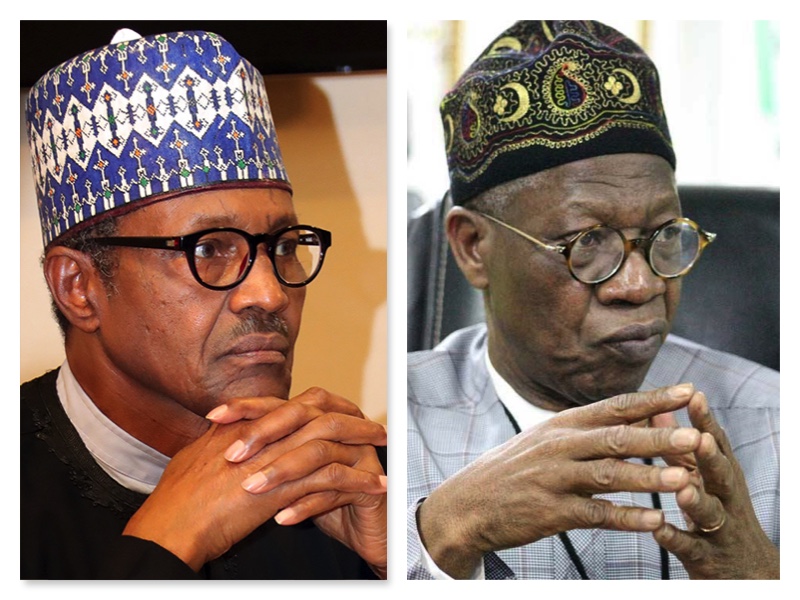On August 29, a Federal High Court in Lagos ruled against the Nigerian government’s decision to revoke the licenses of 53 broadcast stations, a judgement hailed as momentous for the media in the West African country.
In his ruling, Justice Akintayo Aluko, granted an order of interim injunction after hearing argument on an ex parte motion by the Nigerian Guild of Editors (NGE) and a rights group, the Socio-Economic Rights and Accountability Project (SERAP).
The court, however, adjourned to September 8 for the hearing of the motion on notice for interlocutory injunction.
SERAP and NGE had jointly filed the lawsuit against President Muhammadu Buhari and the National Broadcasting Commission (NBC), the Nigerian broadcast regulator, which had ordered the revocation of the networks’ licenses on August 19.
NBC’s ban affected heavyweights such as the African Independent Television (AIT) and Silverbird Television (STV), according to a publicized statement by the regulator.
The broadcasting corporations of states including Lagos, Ogun, Rivers, Katsina, Imo, Sokoto and Kaduna were also affected by the NBC decision.
NBC – a body long accused of being a tool in the hands of president Buhari’s government to suppress press freedom and media rights – said its decision was consequent upon the 53 stations’ indebtedness to it, amounting to at least NGN2.6 billion (US$6.1 million).
It says it made its decision in line with Section 10(a) of the Third Schedule to the NBC Act.
However, SERAP and NGE argued in their suit ( No. FHC/L/CS/1582/2022) that the section of the Act quoted by NBC to ban the stations is unconstitutional and unlawful, as it violates freedom of expression. Consequently, they are seeking a declaration by the court that the section violates the constitutionally guaranteed right to fair hearing.
The suing party maintain that the media plays an essential role as a vehicle or instrument for the exercise of freedom of expression and information in the country.
They asked the court for “an order of interim injunction restraining President Buhari, NBC, and their agents from revoking the licenses of 53 broadcast stations in the country and shutting down their operations, pending the hearing and determination of the motion on notice filed contemporaneously in this suit.”
“The public has a right to receive and assess this information and opinion independently,” parts of the suit reads.
NGE and SERAP cited the provisions of the Declaration of Principles on Freedom of Expression in Africa adopted by the African Commission on Human and Peoples’ Rights.
The Media Foundation for West Africa (MFWA) notes that Principle 12, entitled ‘Media independence,’ declares that: “1. States shall guarantee the right to establish various forms of independent media, including print, broadcast and online media. 2. Any registration system for media shall be for administrative purposes only, and shall not impose excessive fees or other restrictions on the media.”
MFWA hails the court’s decision as an affirmation of the public’s right to access information. We urge the NBC to consider the precarious finances of media organizations in this era of global economic crunch and allow a negotiated, staggered payment of the debt.





